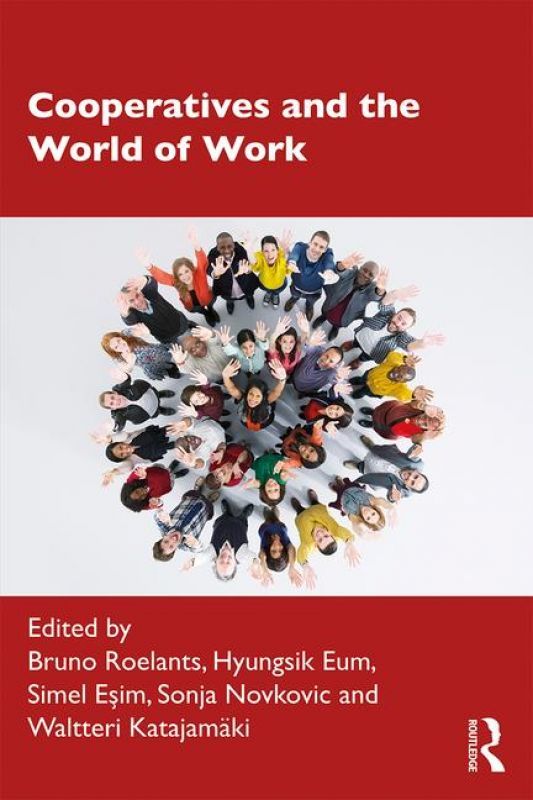Cooperatives and the World of Work

As the world of work and jobs is more uncertain than ever because of various trends impacting it, including the rise of robotics and the gig economy, Cooperatives and the World of Work furthers the debate on the future of work, sustainable development, and the social and solidarity economy of which cooperatives are a fundamental component.
Throughout the book, the authors, who are experts in their respective fields, do not limit themselves to praising the advantages of the cooperative model. Rather, they challenge the narrow understanding of cooperatives as a mere business model and raise debate on the more fundamental role that cooperatives play in responding to social changes and in changing society itself. The book is unique in tracing the historical connection between cooperatives and the world of work since the end of the First World War and the recent shifts and restructuring in enterprise and the workplace. It presents a redefinition of the very concept of work, focusing on organizational innovation.
This book is published in recognition of 100 years of the International Labour Organization, and gathers together research from leading experts who were brought together at an event co-hosted by the International Co-operative Alliance (ICA) and the International Labour Organization (ILO).
Table of Contents
- Introduction, Bruno Roelants and Hyungsik Eum
- Work and cooperatives: A century of ILO interaction with the cooperative movement, Claudia Sanchez Bajo
- Cooperatives and the future of work, Jürgen Schwettmann
- Cooperatives and fundamental principles and rights at work: Natural disposition or commitment to action?, Simel Eşim, Waltteri Katajamäki and Guy Tchami
- The autonomy or heteronomy of cooperative worker ownership, Manuel Garcia Jiménez
- Work and employment in the informal economy and new forms of work: How can the cooperative model be an answer, Hyungsik Eum
- "Coffee has given us Power to Act": Coffee cooperatives and women empowerment in Rwanda’s rural areas – A case study of Karaba coffee cooperative, Gisaro M. Ya-Bititi, Philippe Lebailly, Deogratias Sebahire Mbonyinkebe and Philippe Burny
- The changing cooperative landscape in the world of work: A study of women's empowerment through participatory strategies in India, Sudha Kornginnaya
- Waste cooperatives in Brazil: Exploring links between cooperative ideals and raising gender awareness, Sonia Maria Dias and Ana Carolina Ogando
- Cooperatives and trade unions: From occasional partners to builders of a solidarity-based society, Akira Kurimoto
- Saving jobs and businesses in times of crisis: The Italian road to creating worker cooperatives from worker buyouts, Marcelo Vieta
- Cooperatives of independent workers in Finland: A unique forum for self-employment, Anu Puusa and Kirsi Hokkila
- Labour transformation and institutional re-arrangement in France: A preliminary study of a business and employment cooperative, Mélissa Boudes
- Multi-stakeholder cooperatives as a means for jobs creation and social transformation, Sonja Novkovic
- An internet of ownership: Democratic design for the online economy, Nathan Scheider
- Conclusion, Bruno Roelants
